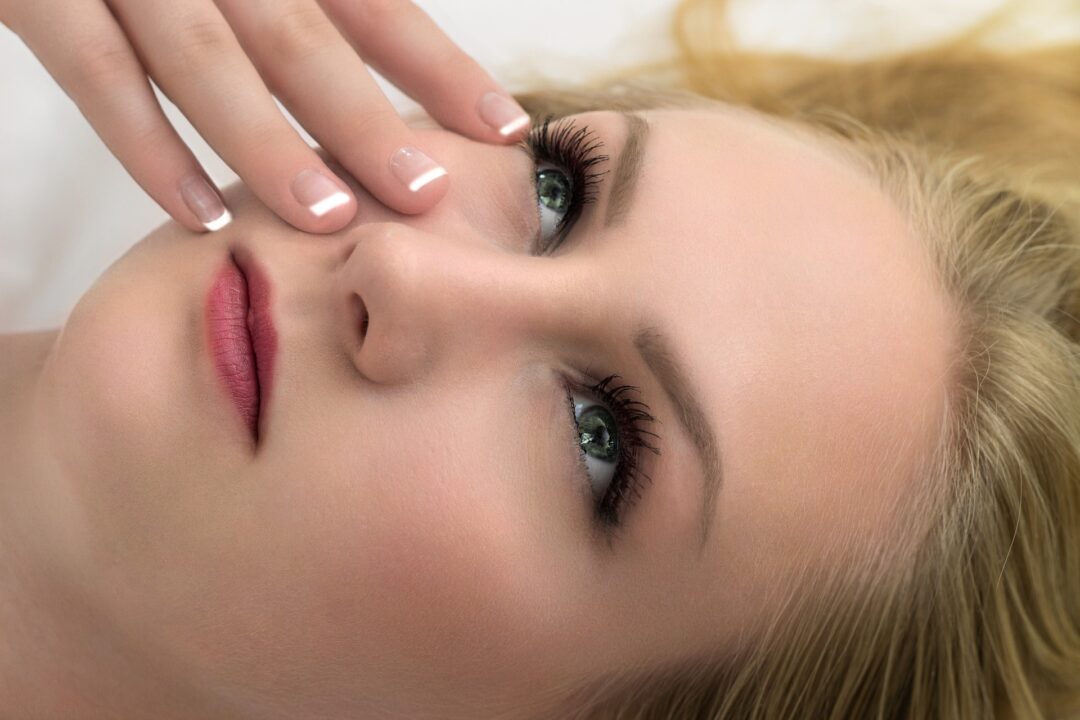The skin is the largest organ in the body, but it’s also one of the most resilient. The rate at which you rejuvenate your skin depends on many factors including where you live and what kind of lifestyle you lead. . Our bodies may experience other changes that affect our appearance as well, like hormone changes or medical treatment.
It’s important to remember that everyone is different.
Your skin may be more sensitive, or it could be more resilient. You might have acne-prone skin, or you might have wrinkles at a young age.
The best way to determine how often you should rejuvenate your skin is by talking with a dermatologist about what works best for you and your specific needs.
Your skin can change with age.
As you age, your skin’s natural elasticity decreases and the moisture in the outer layer of skin decreases. This can make it more difficult for your skin to retain moisture and fight off infection. As a result, the healing process slows down as well.
The environment has a lot to do with how your skin looks and feels.
The environment has a lot to do with how your skin looks and feels. For example, if you’re spending time outside in the sun, wind or cold weather, it’s going to take its toll on your skin over time. Sun exposure can cause premature aging of the skin (such as wrinkles) while pollution may clog up pores.
Wind dries out moisture from within the body which affects how well our bodies work at keeping us healthy through good nutrition but also causes chapped lips or dry patches on our cheeks when we’re outdoors for too long without protection from these elements.
In addition to environmental factors like these that affect how well we age naturally over time there are also other things like poor diet choices which accelerate this process as well!
Hormone changes or medical therapy may impact your skin.
Your body may experience other changes that affect your skin’s health, like hormone changes or medical treatment. You may notice that your skin reacts differently at different times of the month to things like weather conditions and stress. For example:
- Hormone fluctuations from birth control pills, pregnancy and menopause can cause skin to look duller or break out more often than usual.
- Weight gain/loss can change the way fat cells are distributed throughout the body, which affects how elastic your skin is.
- Diet changes can alter how much moisture gets into the dermal layer of your epidermis; this results in dryness or oiliness as well as fine lines around eyes.
Lifestyle affects skin rejuvenation.
The rate you rejuvenate your skin depends on many factors, including where you live and what kind of lifestyle you lead.
Lifestyle choices such as smoking cigarettes and drinking alcohol have been shown to have an adverse effect on the appearance of one’s face over time; these habits should be avoided if possible because they accelerate aging by increasing inflammation in the body’s tissues.
Genetics also plays an important role in determining how quickly one ages–if both parents had wrinkled skin at 45 years old then it’s likely that person will also develop wrinkles at 45 years old themselves!
Maintain your skin daily with a gentle cleanser and moisturizer.
It’s not enough to simply cleanse your face and apply moisturizer once a day, especially if you have oily or dry skin. It’s important to choose the right cleanser for your particular type of skin, as well as how often you should use it–and the same goes for moisturizers.
Choose a gentle cleanser that won’t strip away natural oils from your face. This will help maintain balance in any type of complexion (i.e., dry, oily).
Exfoliate to remove dead skin cells and brighten pores.
There are a lot of different exfoliators on the market. Some are gentle, and some aren’t. If you use an exfoliator that’s too harsh for your skin, it can irritate it and make it more prone to breakouts.
It’s best to start with a gentle exfoliator and work up from there if necessary. When using an exfoliating cleanser or scrub, be careful not to scrub too hard–the goal is simply to slough off dead skin cells (not rub them off).
Chemical peels increase collagen production and new cell growth.
Chemical peels are a great way to rejuvenate your skin. They remove damaged skin cells, revealing younger and healthier cells. Chemical peels can be used to treat acne and wrinkles as well as improve the appearance of sun damage, age spots and other signs of aging on the face.
A superficial peel removes only the outer layer of skin cells and may be used to treat fine lines, wrinkles, pigmentation issues and sun damage. A deep peel removes a greater number of layers, including some scarred tissue. This can improve acne scars, blemishes and uneven skin tone.
The appropriate products can speed up skin rejuvenation, but it takes time.
The first step to rejuvenating your skin is finding the right products for you. The next step is using them properly and consistently.
If you’re using a product that’s not right for your skin, it won’t do its job as well, if at all. And if you use a product too much or too little (or at the wrong time), it won’t work either!
Treatments for You
No matter what your skin type is, there are ways to rejuvenate it. If you have oily or acne-prone skin, consider using an exfoliator or chemical peel every few weeks.
Dry and sensitive skin types can benefit from moisturizing daily with a rich cream that contains natural oils like jojoba oil or shea butter; this will help keep moisture in while protecting against harsh environmental elements like cold weather conditions or windy days.
If you want to speed up the process of rebuilding collagen and elastin fibers–which makes your skin look younger- consulting a professional is always the best option!





